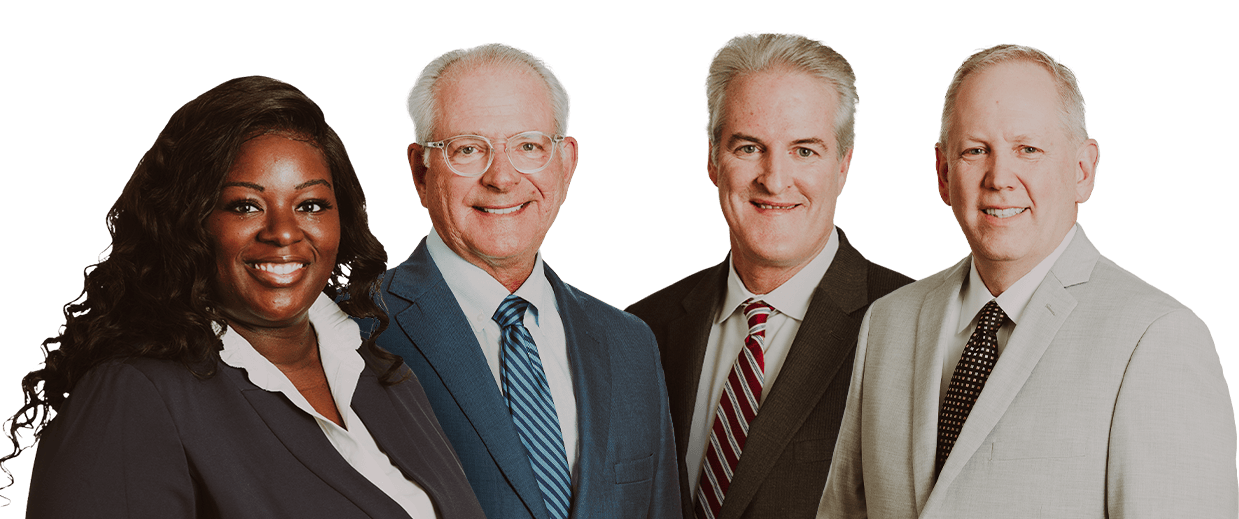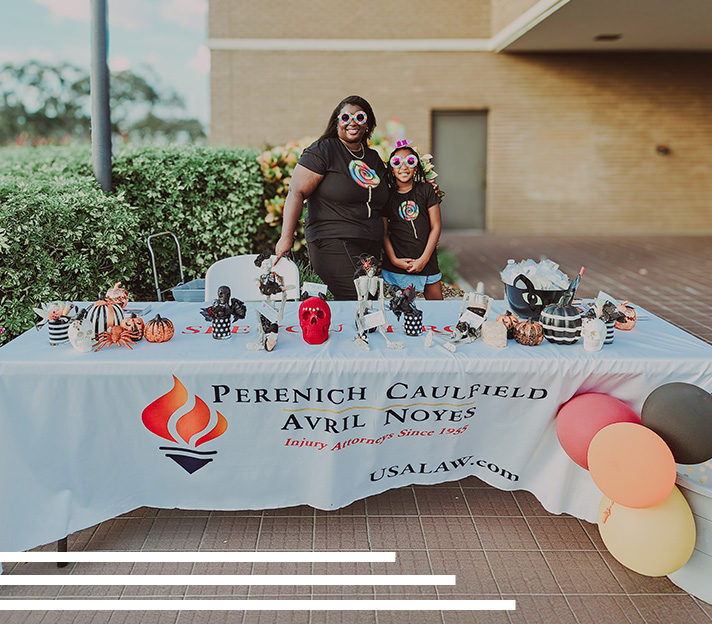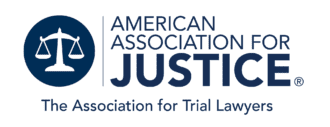What Is a Defendant?
It is natural to have questions after an accident or personal injury. Before pursuing a claim for injuries and damages, it is important to understand the parties’ roles. Doing so will make navigating your case easier and improve your chance of maximizing your compensation.
One key figure in personal injury cases is the “defendant.” An experienced personal injury lawyer can help you recover compensation from this individual or entity in your case.
The Defendant in Clearwater, FL
A defendant is the person being sued in court. This may be an individual, company, or government. In personal injury cases, the defendant is the party that you – the plaintiff – allege caused you harm or injury. The defendant’s role in a lawsuit is to respond to your accusations and present their side of the story or defenses.
Types of Defendants in Clearwater Personal Injury Cases
Identifying the responsible party or parties is the first step in seeking justice and compensation for your injuries. Defendants in personal injury cases can fall into several categories. Understanding these is essential for plaintiffs and lawyers to navigate claims effectively. Identifying the correct defendant will also help maximize your compensation.
Types of defendants you may encounter in your cases include the following:
- Individuals: When an individual’s actions or negligence caused you harm, they become a defendant. Common examples include other drivers in car accidents or property owners in slip and fall cases.
- Businesses and Organizations: Companies can be defendants if their products or services cause you injury. For instance, a manufacturer could be a defendant in a product liability case.
- Government Entities: Sometimes, a government agency or employee might be the defendant. This could occur in cases like accidents involving public transportation or public facilities.
- Multiple Defendants: More than one party may be responsible for your injury in some cases. This leads to multiple defendants.
From individuals to businesses, each category presents unique challenges. Recognizing and understanding these is critical for anyone involved in a personal injury case. If you have been injured in an accident and are seeking compensation, consult a Clearwater personal injury lawyer to ensure you have identified the proper parties in your case.
What Does a Defendant Do in Clearwater, FL?
Defendants have certain duties in your case. If a lawsuit is filed, the defendant receives a legal document called a “summons” along with the “complaint.” These documents outline your allegations against them, including the damages allegedly caused by their conduct. The defendant must then respond by filing a crucial document called an “answer.”
In an answer, a defendant may:
- Admit or Deny Allegations: The defendant can admit to the facts, deny them, or state that they do not have enough information to admit or deny them.
- Raise Defenses: The defendant may assert legal defenses, such as claiming the plaintiff’s negligence contributed to the injury. This can significantly impact your compensation if proven under what is known as modified comparative fault.
- Counterclaim: A defendant can assert their own claims against you by filing what is known as a counterclaim.
Filing a complaint or answer can be tricky. If you have been injured in an accident, consult a Clearwater personal injury lawyer to ensure you do so correctly and within specific deadlines.
What Does the Defendant Have to Prove?
In a personal injury case, the burden of proof rests on you, the plaintiff. You must prove that the defendant is liable for your injuries and damages by a preponderance of the evidence. This means that in light of the evidence and the law, your version of events is more likely true than not.
The defendant and their lawyer will challenge your evidence and present their own to negate or diminish your claim. A Clearwater personal injury lawyer can help you present evidence to prove your case to the judge or jury.
Rights of the Defendant in Clearwater, FL
Defendants have certain rights in the legal process. These are foundational to the American legal system and offer a balance between your claims and their opportunity to defend themselves.
Certain rights include:
- Right to Legal Representation: Defendants have the right to be represented by an attorney.
- Right to a Fair Trial: Defendants have the right to a fair trial.
- Right to Appeal: If a trial does not go in their favor, defendants generally have the right to appeal the decision.
These rights uphold the principle that defendants are presumed innocent until proven guilty. They also ensure that defendants receive a fair opportunity to challenge your allegations against them.
Consult A Personal Injury Lawyer in Clearwater, FL
In personal injury law, the role of the defendant is pivotal. Understanding their rights and responsibilities is essential for anyone involved in a personal injury case.
Whether you are negotiating a settlement or presenting your case at trial, the defendant’s actions and decisions can significantly impact your case’s outcome. If you or a loved one have been injured, contact a Clearwater personal injury lawyer at Perenich, Caulfield, Avril & Noyes Personal Injury Lawyers to make informed decisions every step of the way at (727) 591-3354.

We treat you like family.
If you can’t come to us, we’ll come to you.
Representing Accident Victims in Tampa Bay since 1955



-
“Friendly knowledgeable and kept me informed about my case. Any offer, bill or question was readily answered. Would definitely recommend and refer people to Bryan Caulfield and his team!!”- Betty B.
-
“Mrs Bryant works her butt off to make sure you get what is do to you in medical and beyond! They won’t take your case if they don’t feel you haven’t been wronged.”- Christine R.
-
“Working with Mark Perenich on my auto injury case was an absolute game-changer. From the very beginning, he brought a level of professionalism, expertise, and care that immediately put us at ease.”- Kerry B.
-
“Lorrie and Allyson are phenomenal. I highly recommend them to anyone. It seemed like a never ending journey but I can’t thank them enough for diligently fighting my case with the greatest integrity, support and prayers.”- Former Client
-
“From the first day we met this law group I felt very comfortable and knew we would be well taken care of. This was our first experience filing for SSD, and was not disappointed. The lawyers are awesome and very professional.”- Shari J.
-
“Very nice they worked with you. Never ignored me with my case. Always on top to work with you. Thank you so much for all that you have done to help me! Very highly recommend.”- Margarita O.
-
“My appointed attorney was Jacqueline, Bryant. She is very compassionate about her client and work. When it comes to negotiation, she's a Beast and she gets the job done.”- Alaina J.
-
“What was particularly awe inspiring was the recall of facts and testimonies from medical personnel that Para Legal Ms. Josephine Elizabeth Angelo was able to make. Her memory and acumen for detail was admirable.”- Maylisa Y.
-
“Wonderful, impeccable, personalized, authentic, truthful, honest experience. Rare, real, and human firm.”- Sheryl G.


We’ve been proudly serving Clearwater, St. Petersburg, and the Tampa Bay area for generations. As the first personal injury law firm in Clearwater, our dedicated legal team brings over 300 years of combined experience to each and every case. If you’ve been injured and need support, please reach outtoday for a free consultation, we are here to help you.















